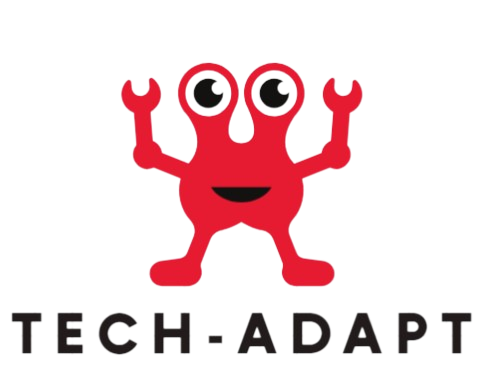The Impact of AI on the Future of Work and Job Displacement
In recent years, artificial intelligence (AI) has emerged as a transformative force, reshaping industries and redefining the way we work. Its impact on the future of work and job displacement is profound, raising questions and opportunities that we must address proactively. In this blog post, we’ll explore the various facets of AI’s influence on employment and the steps we can take to navigate this evolving landscape.
The Rise of AI in the Workplace
AI technologies, including machine learning, robotics, and automation, have found their way into nearly every sector of the economy. From manufacturing to healthcare, finance to retail, AI-powered systems are streamlining processes, improving efficiency, and enabling new capabilities. Tasks that were once performed exclusively by humans are now being automated, leading to a fundamental shift in the nature of work.
Job Displacement and Reskilling Challenges
One of the most significant concerns surrounding AI is its potential to displace jobs. As machines become more capable of performing routine and repetitive tasks, certain roles may become redundant. This shift can lead to job displacement and require workers to acquire new skills to remain competitive in the job market.
The Benefits of AI in the Workplace
While AI can lead to job displacement in some areas, it also brings a host of benefits to the workplace. For example, AI-driven automation can handle tedious and time-consuming tasks, allowing employees to focus on higher-value work that requires human creativity and problem-solving skills. AI can also enhance decision-making processes by analyzing vast amounts of data and providing actionable insights.

Addressing Job Displacement
To mitigate the negative impact of job displacement, organizations and policymakers must prioritize reskilling and upskilling initiatives. By investing in training programs that equip workers with the skills needed for the jobs of the future, we can ensure a smooth transition and create new opportunities for employment. Additionally, fostering a culture of lifelong learning can empower individuals to adapt to evolving technologies and stay relevant in a rapidly changing job market.

Ethical Considerations and AI Governance
As AI continues to advance, ethical considerations around its use become increasingly important. Issues such as bias in algorithms, data privacy, and the ethical deployment of AI in decision-making processes must be carefully addressed. Establishing robust governance frameworks and ensuring transparency in AI systems are essential steps toward building trust and minimizing potential harms.
Conclusion
The impact of AI on the future of work and job displacement is multifaceted, with both challenges and opportunities. By embracing AI responsibly, investing in reskilling efforts, and prioritizing ethical considerations, we can harness the full potential of AI to create a more efficient, inclusive, and sustainable workforce.
This blog post aims to spark discussions and encourage proactive measures to navigate the evolving relationship between AI and the future of work.

